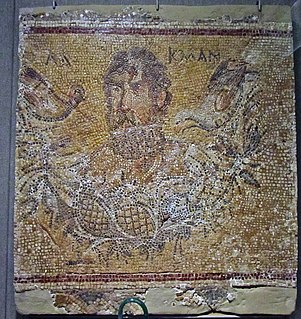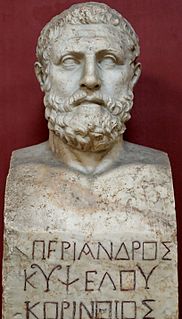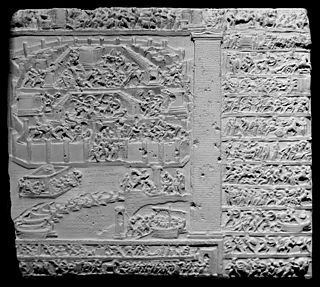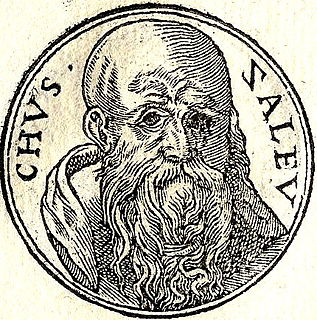 W
WAesop was a Greek fabulist and storyteller credited with a number of fables now collectively known as Aesop's Fables. Although his existence remains unclear and no writings by him survive, numerous tales credited to him were gathered across the centuries and in many languages in a storytelling tradition that continues to this day. Many of the tales are characterized by animals and inanimate objects that speak, solve problems, and generally have human characteristics.
 W
WAlcman was an Ancient Greek choral lyric poet from Sparta. He is the earliest representative of the Alexandrian canon of the nine lyric poets.
 W
WThe Analatos Painter was an Attic vase painter of the Early Proto-Attic style.
 W
WArcesilaus I of Cyrene, also spelled Arkesilaos I, was the second Greek king of Cyrenaica and the second king of the Battiad dynasty.
 W
WThe Mesogeia Painter, also Mesogaia Painter, was an Early Proto-Attic vase painter.
 W
WMimnermus was a Greek elegiac poet from either Colophon or Smyrna in Ionia, who flourished about 630–600 BC. He was strongly influenced by the example of Homer yet he wrote short poems suitable for performance at drinking parties and was remembered by ancient authorities chiefly as a love poet. Mimnermus in turn exerted a strong influence on Hellenistic poets such as Callimachus and thus also on Roman poets such as Propertius, who even preferred him to Homer for his eloquence on love themes. His work was collected by Alexandrian scholars in just two "books" and today only small fragments survive. The fragments confirm the ancient estimate of him as a "consummate poet" but also indicate that he was a "sturdier character" than the indulgent love poet he was assumed to be by various ancient commentators. Almost no reliable, biographical details have been recorded. One ancient account linked him romantically with a flute girl who subsequently gave her name, Nanno, to one of his two books.
 W
WPeriander, was the Second Tyrant of the Cypselid dynasty that ruled over Corinth. Periander's rule brought about a prosperous time in Corinth's history, as his administrative skill made Corinth one of the wealthiest city states in Greece. Several accounts state that Periander was a cruel and harsh ruler, but others claim that he was a fair and just king who worked to ensure that the distribution of wealth in Corinth was more or less even. He is often considered one of the Seven Sages of Greece, men of the 6th century BC who were renowned for centuries for their wisdom.
 W
WPheidon was an Argive ruler during the 7th century BCE and 10th in line to Temenus. He was arguably Argos's most ambitious and successful ruler during the 7th century BCE. There is a possibility that were in fact two different Pheidons who were both rulers of Argos.
 W
WThe Piraeus Painter was one of the first Attic black figure vase painters. He was active between 630 and 600 BC.
 W
WPittacus was an ancient Mytilenean military general and one of the Seven Sages of Greece.
 W
WSappho was an Archaic Greek poet from the island of Lesbos. Sappho is known for her lyric poetry, written to be sung while accompanied by a lyre. In ancient times, Sappho was widely regarded as one of the greatest lyric poets and was given names such as the "Tenth Muse" and "The Poetess". Most of Sappho's poetry is now lost, and what is extant has mostly survived in fragmentary form; two notable exceptions are the "Ode to Aphrodite" and the Tithonus poem. As well as lyric poetry, ancient commentators claimed that Sappho wrote elegiac and iambic poetry. Three epigrams attributed to Sappho are extant, but these are actually Hellenistic imitations of Sappho's style.
 W
WStesichorus was a Greek lyric poet. He is best known for telling epic stories in lyric metres but he is also famous for some ancient traditions about his life, such as his opposition to the tyrant Phalaris, and the blindness he is said to have incurred and cured by composing verses first insulting and then flattering to Helen of Troy.
 W
WZaleucus was the Greek lawgiver of Epizephyrian Locri and a Pythagorean philosopher, in Italy. According to the Suda, he was previously a slave and a shepherd, and after having been educated he gave laws to his fellow-citizens.